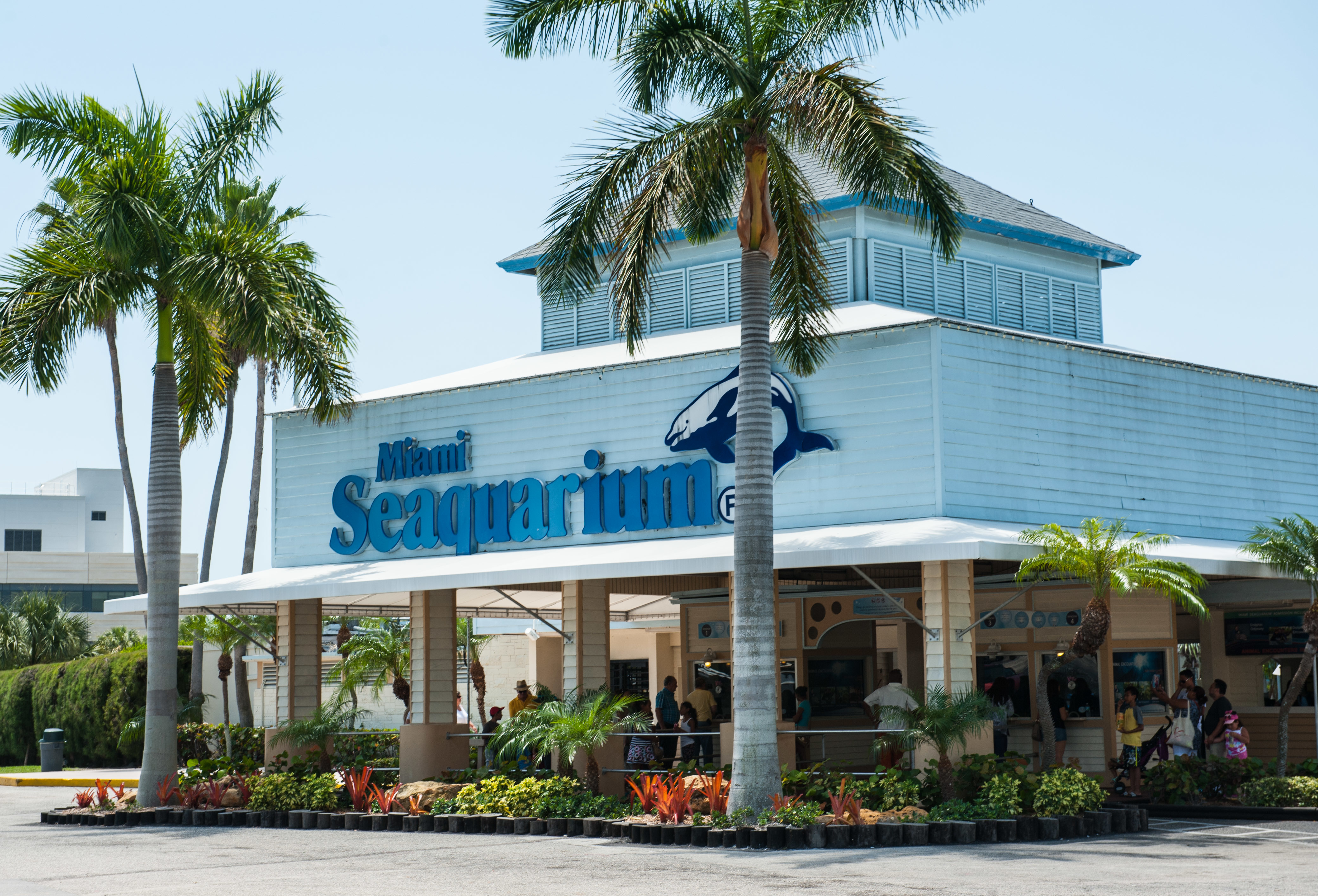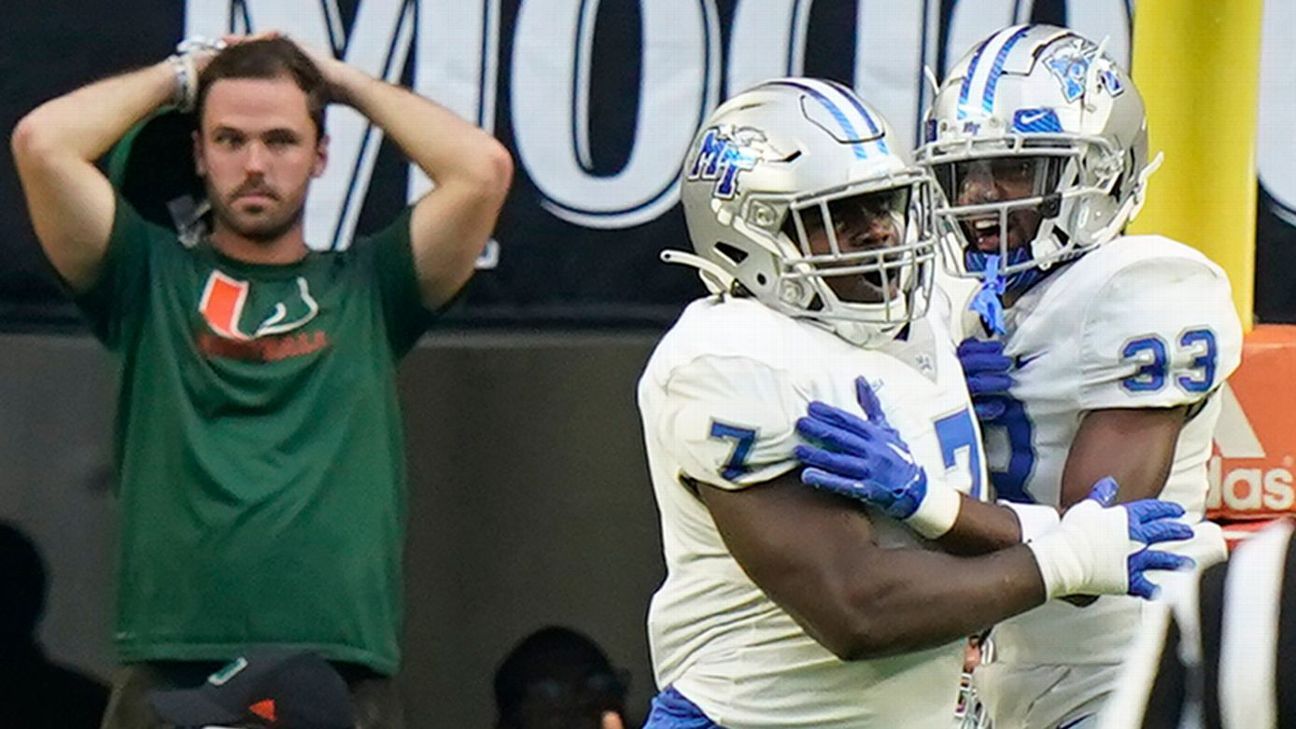The Miami Seaquarium faces new default notice over animal safety and staffing woes

Amid ongoing concerns over animal welfare and staff deficiencies, Miami-Dade County is poised to issue a second notice of default to The Dolphin Company, the entity behind the renowned Miami Seaquarium.
In November, Miami-Dade County Parks, Recreation and Open Spaces issued the park its first default notice, informing the company it was in violation of its lease agreement – and giving them until Dec. 15 days to remedy the violations.
The notice was sent in response to a July site inspection conducted by the U.S. Department of Agriculture that detailed a series of alarming conditions, including:
- Structural disrepair. Leading to the presence of “foreign material” including a plastic zip tie, a piece of broken plastic and a large piece of cement, found in the digestive tract of a dolphin in January – and again in July when the dolphin regurgitated “sand and glass filtration media.”
- Inadequate handling or control of animals during public interactions. In March, a dolphin bit a guest on the hand during a “meet and greet” event.
- Employees and attendants. After an associate veterinarian was let go on March, the facility was left with just one veterinarian, responsible for the care of 46 marine mammals, along with hundreds of birds, fish, sharks and rays.
- Outdoor facilities. The facility failed to provide protection for an adult male manatee from the weather or direct sunlight after an overhead tarp was removed for 10 days in March and “for an unspecified number of days in April.”
- Critical injuries. A 23-year-old female dolphin was found to have multiple rib fractures in various stages of healing, requiring placement in a safer environment.
But the USDA’s latest inspection conducted in November and obtained by Local 10 News, reveals that despite issuing a previous warning in July highlighting a “critical shortage of adequately trained employees” — nearly four months later –none of the vacant veterinary technician positions were filled.
Given the details of November’s inspection, Miami-Dade County officials told NBC 6, a new notice of default is forthcoming.
But The Dolphin Company’s executive director, Edwin Gonzalez, claim the issues started before his company took over the park.
In a statement on Monday, Gonzalez said the park has filed an appeal with the USDA and Miami-Dade County, adding that, “the park was not taken care of for many years by the previous organization … we know we’ve done a great job working with our animals and continue to improve day to day.”
According to World Animal Protection, since opening in 1955, more than 115 dolphins and whales died under the venue’s care.
In August, the park made headlines when Lolita, a killer whale that performed at Miami Seaquarium for more than 50 years, died in captivity just before she was set for release back into the ocean following years of pressure from animal rights groups.
And in December, after nearly 60 years in captivity at the Miami Seaquarium, Romeo and Juliet, two elderly manatees, got a new home when they were transported to the ZooTampa at Lowry Park, just weeks after a video appeared on social media, showing Romeo isolated in a small tank.
As one of the oldest saltwater aquariums in the country, industrialist Fred D. Coppock opened the sea aquarium in the mid 1950′s with just three main exhibits, a dolphin pool, a reef tank and a shark channel.
Over the years, the park grew to host penguins, porpoises, sea lions, manatees and a killer whale. Orphan and injured marine animals were routinely rehabilitated in its facilities. In the 1960′s, the park even served as the backdrop for six seasons of the “Flipper” television show and several “Salty the Sea Lion” movies. And in 1963, the park boasted Miami’s first monorail, taking guests on a tour of the park’s exhibits and buildings.
Palace Entertainment took over the park in 2014 and between 2019 and 2020, at least four marine mammals died, including, a one-year-old sea lion from head trauma and three bottlenose dolphins – two found dead from acute trauma and another that drowned after becoming entangled in a fence.
In a 2021 inspection report, the USDA shared several concerns with Palace Entertainment, such as substandard water quality, the presence of spoiled food and inadequate maintenance, Inspectors also noted that “adequate veterinary care and other aspects of animal care and use have been repeatedly disregarded or dismissed over the last year.”

